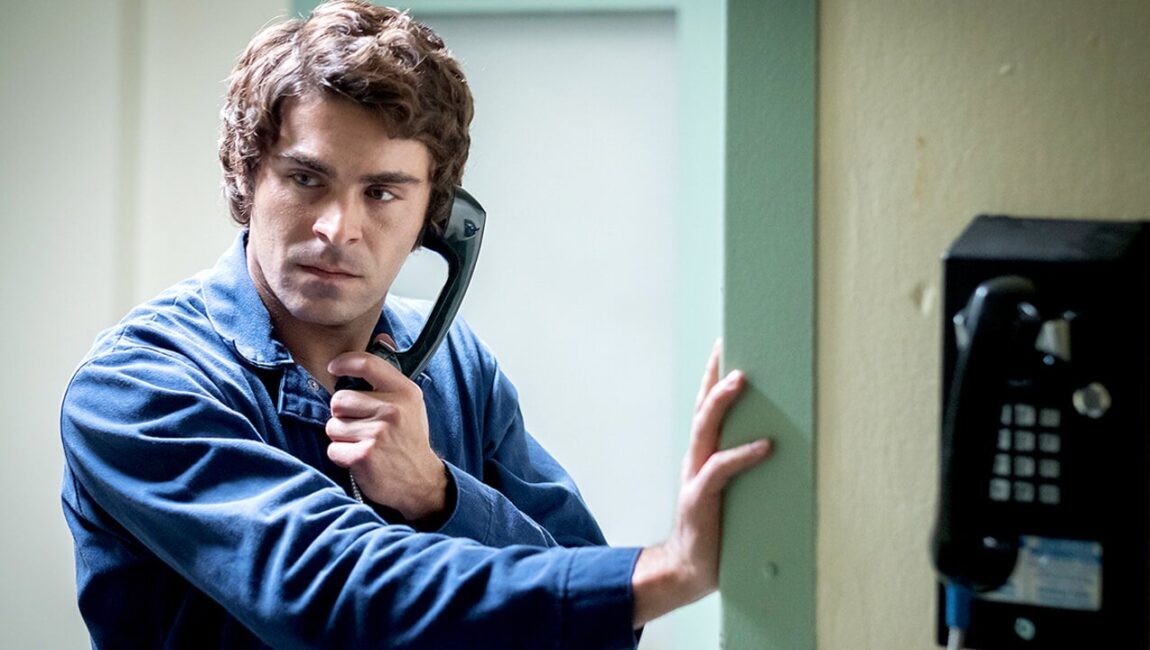There’s a furious call to revolution at the heart of Mariana Bastos’ Raquel 1:1, a sneaky-smart exploration of institutionalized misogyny masquerading as a vaguely “elevated” horror film. Still dealing with the emotional fallout from the recent death of her mother, Vera (Valentina Herszage) and her father, Hermes (Emílio de Mello), have left the city to return to his familial home in a small Brazilian town. Hermes has lost their family bookstore, accruing massive debt in the process, and has decided to move himself and Vera into his mother’s home and try his hand at being a grocer. As they settle in, Vera walks around town and meets a group of evangelical girls involved in the town’s church, led by the pastor’s daughter Ana Helena (Priscila Bittencourt). They’re eager to welcome someone new into the flock, and for her part, Vera seems genuinely pious, excited to make friends and celebrate Christ. She attends some youth meetings, enjoys a karaoke party, and is introduced to a local spot where people gather to swim. It’s here that Vera finds herself alone one afternoon, deep in the secluded forest, when a faint voice seems to beckon her to a cave. She tentatively enters, and the film cuts to black.
What she sees there remains a mystery that motivates the remainder of the film, as Vera seems suddenly transformed. She has a gash across the side of her abdomen, a wound familiar to anyone who’s seen an image of Jesus up on a cross, and begins frantically filling the family Bible with scribbles and notes. While attending yet another group Bible study, Vera drops a bomb on the other girls — the Bible is filled with violence against women, and worse, seems to excuse it. Therefore, she believes, it’s up to them to rewrite the holy book with these passages removed. Naturally, some of the girls immediately balk at the idea; the Bible is the word of God, after all, and not for mere mortals to question. To do so would be to deny the very essence of faith. But some of the girls agree with Vera; after all, the Bible was transcribed by men, and has undergone various translations and interpretations over the centuries. This would simply be in keeping with that tradition. And so begins a kind of Cold War between the two factions, a simple disagreement that gradually boils over into full-scale, internecine fighting.
There are some compelling ideas in Raquel 1:1, as well as some bold, unvarnished criticisms of the church. Bastos doesn’t cast aspersions on faith in a general sense, and even goes so far as to introduce the local parish in a positive light, but Bastos is merciless in her critique of how small-minded groupthink and entrenched dogmatism can turn violent as soon as it is challenged. There are nods to Godard’s La Chinoise as these biblical revolutionaries meet in secret to construct their new feminist text, and some plot points echo Rossellini’s Europa 51, where a woman is castigated and institutionalized for daring to question the patronizing men in her life. Hermes is implicated in the generational abuse heaped upon women, while the entire town gradually closes rank and becomes determined to excommunicate Vera. It’s here that the more overt horror elements occasionally undermine the film’s primary focus. Audiences are only too aware of the history of possession films, and the “is it real or is she crazy” narrative games are a bit coy. There are flurries of dream-like images and nightmarish flash cuts that do, in fact, suggest that something more sinister is afoot. Thankfully, Bastos eventually reveals her hand, embracing the supernatural elements of her narrative and inextricably joining them to her celebration of female empowerment. The film’s ending can’t help but recall De Palma’s Carrie, another story of religious fanaticism pushing someone too far, but Bastos builds on that famously apocalyptic climax by suggesting that something newer, and better, can be salvaged from the wreckage. Raquel 1:1 ends with an epigraph, a direct quote from the Bible, that reads “And to the woman was said… on behalf of all that passed and those who are yet to come, a new era must begin.” It’s a powerful notion, and a warning to those who would use an ancient, outmoded text to excuse their subjugation of others.
Published as part of SXSW Film Festival 2022 — Dispatch 4.







